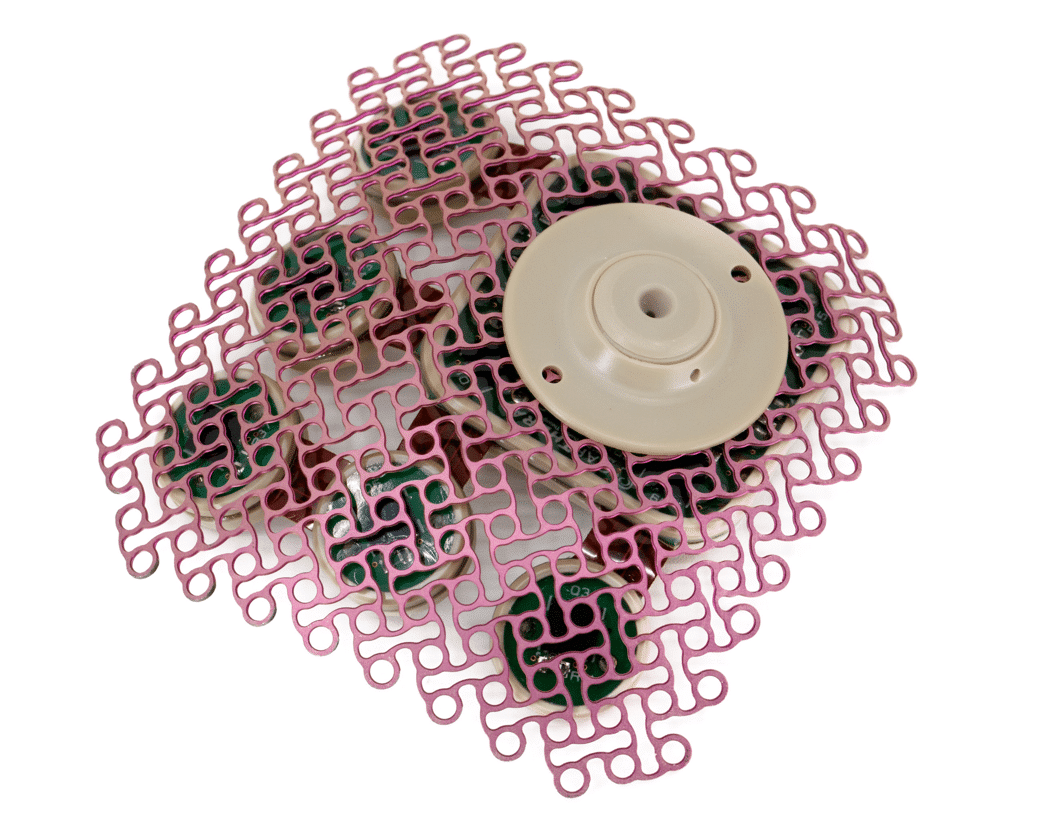Having obtained “Breakthrough Device” status from the FDA in 2022, Carthera has now completed a major new stage in the development of SonoCloud-9. The company has presented the pre-clinical and clinical data from its Phase 1/2 trials and obtained the support of the FDA to progress the clinical assessment program of its device designed to treat recurrent glioblastoma (rGBM) to a Phase 3 study.
Carthera has finalized the multicentric Phase 1/2 trial for rGBM in combination with the chemotherapeutic agent carboplatin in 33 patients and a Phase 1 trial is under way at the Northwestern Memorial Hospital in Chicago for the same indication, in combination with nab-paclitaxel (with 17 patients being treated). In total, over 60 patients have been treated so far using the SonoCloud-9 system, adding up to more than 250 therapeutic procedures.
Phase 1 of the multicentric trial demonstrated the medical device’s innocuousness. Phase 2 confirmed that SonoCloud made it possible in particular to increase the concentration of chemotherapeutic agents in brain tissue by a factor of 6 to 7. “We have therefore confirmed that the SonoCloud device that opens the BBB is safe and effective,” said Frédéric Sottilini, CEO of Carthera. In addition to approving the study’s design, the FDA judged that the data collected were sufficient to allow the trial to be expanded to a larger number of patients. Phase 3 will have 560 patients, in 40 centers in Europe and the USA.
“We are convinced that by using SonoCloud, the therapeutic efficacy of drugs such as carboplatin and nab-paclitaxel will be unlocked and harnessed to improve glioblastoma treatment. The launch of our pivotal trial will pave the way for the first marketing approval of Carthera’s SonoCloud technology in recurrent glioblastoma. At the same time, we are continuing to pursue a wide range of indications for our novel brain drug delivery platform,” Frédéric Sottilini, CEO of Carthera.
The SonoCloud-9 device is implanted in a skull window, under the skin. Once in place, it is invisible. When activated for a few minutes using a transdermal needle connected to an external control unit, the Blood-Brain Barrier (BBB) is disrupted for several hours, a window during which drug therapies can be administered. When the BBB is disrupted, drugs can reach the brain in higher and more effective concentrations. The cycle can be repeated at each drug therapy.
Carthera is targeting an initial marketing approval by early 2026.
A spin-off from the Assistance Publique – Hôpitaux de Paris (AP-HP) and Sorbonne University, the medtech company leverages the research work and inventions of Professor Alexandre Carpentier, Head of the Neurosurgery Department at the University Hospital of Pitié-Salpêtrière, who has achieved worldwide recognition in the area of new technologies applied to the brain.



